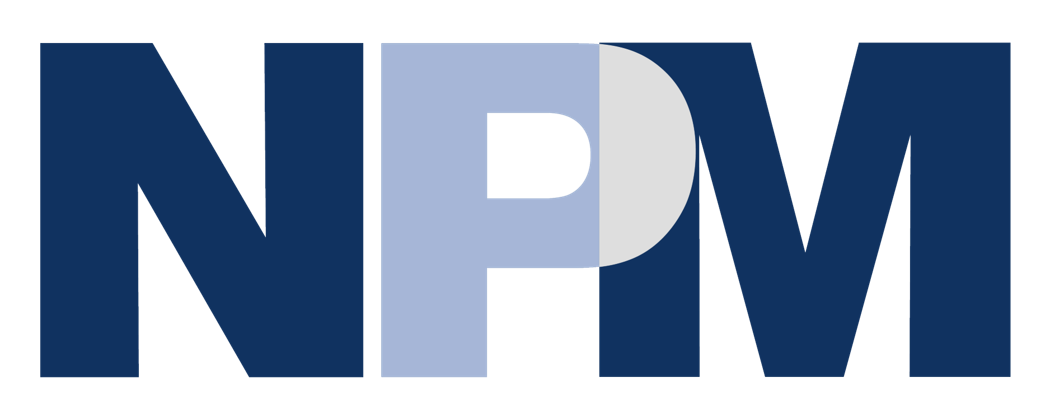Director for RNG Coalition discusses Oregon SB 98 and forecast for growth in additional RFPs
Oregon’s 2019 Senate Bill 98 has set a framework for the rest of the country for renewable natural gas procurement.
NW Natural is the first utility to put out an RFP for RNG under the SB 98’s voluntary program and other state utilities are expected to follow, according to Sam Wade, Director of State Regulatory Affairs for the Renewable Natural Gas Coalition based in Sacramento.
Wade was involved in setting up SB 98’s program and believes similar bills will be brought forward soon in other states, allowing for more RNG RFPs.
“A few states started to develop renewable portfolio standards and it spread across the country,” he said. “We’ve seen the price of solar and wind come down as a result. We think the same needs to be done on the gas side. We think gas procurement by utilities, based on minimizing greenhouse gases, is the next big set of policies that need to happen to address climate change.”
Some states have already followed suite. As an example, Wade pointed to California’s SB 1440, Colorado’s recently passed SB 21-264, and Minnesota’s HF6 which includes its Natural Gas Innovation Act.
“There are multiple state-level legislative activities giving utilities authority to buy RNG and take actions to decarbonize the gas system,” he said. “It will take a wide portfolio of technologies to get there, but RNG is a key component of achieving those goals.”
Why SB 98 matters to gas utilities
Oregon SB 98 was passed in June of 2019 and codified by the Oregon Public Utility Commission in July of 2020.
“This rulemaking formalized the implementation of SB 98 by creating an RNG program for large natural gas utilities and authorizing smaller natural companies to develop a program,” stated the Oregon Public Utilities Commission in an email to NPM.
The bill required the PUC to create a program which allows a Local Distribution Company (LDC) to buy RNG and increase the volume of RNG delivered to retail natural gas customers. LDCs, or gas utilities, are allowed to purchase RNG even if it is more expensive than conventional natural gas and recover the cost from customers.
According to the Oregon PUC, this bill supports increased demand for RNG products and the creation of an RNG market.
SB 98 also set voluntary targets for LDCs to slowly bring RNG into the system that would be acceptable for customers and have flexibilities around how that is done.
Those voluntary targets are 5% by 2020, 10% by 2025, 15% by 2030, 20% by 2035, and 30% by 2050.
“That is a very high percentage of their existing gas service to be served with RNG and what distinguishes SB 98 from other efforts in other states that are less ambitious,” Wade said.
In addition, SB 98 looks at the steps along RNG’s lifecycle of carbon intensity performance, or how many greenhouse gas emissions occurred as that fuel is produced and moved to the consumer and then finally used by the consumer.
According to Wade, the state senate bill considers all those steps to be sure gas utilities are comparing greenhouse gas performance of each project on an “apples-to-apples basis.”
“That is critical because that incentivizes the lowest carbon gas to come to market,” he said. “That is innovative.”
Through the bill, the Oregon PUC established an initial standard for projects to be evaluated. This methodology compares risk-adjusted costs of RNG as an alternative to traditional natural gas.
“This comparison is consistent with analysis found in the LDCs integrated resource plans,” the Oregon PUC said. “The project evaluation methodology analyzes such things as avoided commodity and transport costs, avoided gas purchases, avoided emissions compliance costs, reduced peak load, and avoided infrastructure costs.”
And SB 98’s program builds on the clean fuel programs seen for transportation in California and Oregon.
“That framework has been in place on the transportation fuel side for a while, but this is the first time it’s been incorporated into utility procurement of natural gas,” Wade said.
If you are interested in a demo or to see whether you qualify for a FREE trial of NPM, click the “Learn More” button below.


